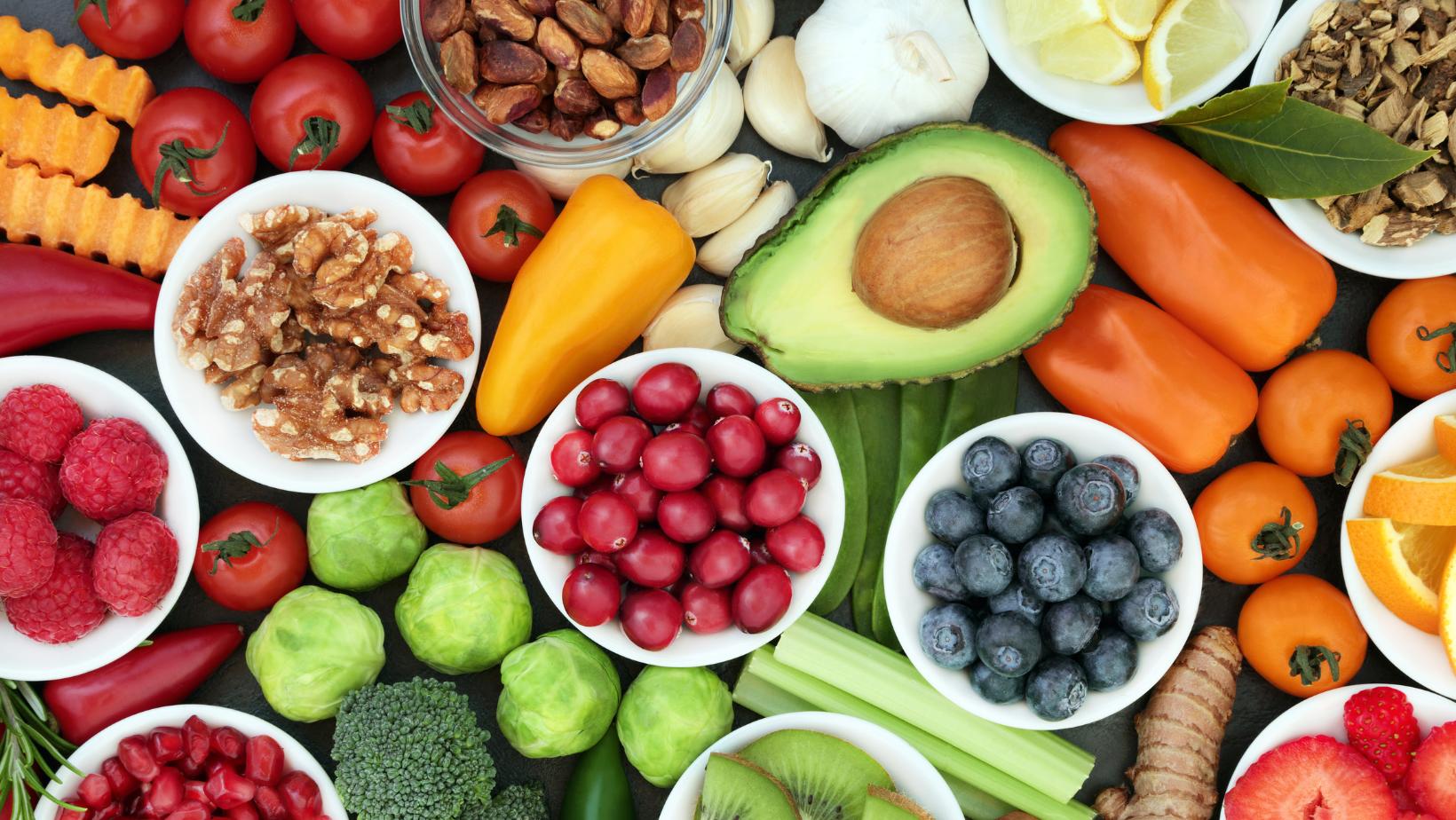Good nutrition is important for everyone, but it’s especially important for seniors living with diabetes. Diabetes is a chronic condition that affects how the body breaks down food into glucose (sugar) and uses it for energy. Individuals with diabetes experience highs and lows in blood glucose as their body tries to regulate. A healthy diet can help people manage their diabetes by helping keep blood sugar levels stable.
Learn about some of the best foods for people with type 1 or type 2 diabetes.
Beans
Beans are one of the best foods to include in a diabetic diet. They are low in calories and high in fiber. Fiber also takes time to digest, helping you feel fuller compared to other foods. And beans have both soluble and insoluble fiber.
- Soluble fiber helps improve digestion and lower blood sugar.
- Insoluble fiber can help soften stool and maintain regular bowel movements.
Additionally, beans are a great source of lean protein, folic acid, calcium, potassium, magnesium, and zinc — all of which are important for a healthy, well-rounded diet. As an added bonus, beans tend to be inexpensive, so they are ideal for meal planning on a limited budget.
Leafy Greens
Leafy greens, like kale, spinach, and collard greens, are a great source of vitamins, minerals, and fiber. They are also low in calories and carbohydrates, which makes them an ideal food for people with diabetes. These greens have vitamin C, and research suggests that people with diabetes may have lower vitamin C levels than individuals without diabetes. So, eating dark leafy greens can help you boost your vitamin C levels.
Leafy greens are also rich in antioxidants, which can help protect calls against free radicals. Free radicals are linked to heart disease, cancer, and other health conditions. So, when it comes to food choices, it's a no brainer to add leafy greens to your plate.
RELATED CONTENT: Planning a Diabetic-Friendly Picnic for Seniors
Whole Grains
Whole grains tend to be healthier than refined grains. Whole grains contain complex carbohydrates in the form of fiber, which takes longer to digest and break down into glucose in the bloodstream. They can also help the body better manage blood sugar. Refined grains, like white rice or white flour, break down more quickly and can result in blood sugar spikes.
A diet full of whole grains is also linked to better weight management, heart health, and diabetes prevention. Not sure what a whole grain is? Brown rice, quinoa, and barley are common examples of whole grains.
Fatty Fish
Fatty fish, such as salmon and tuna, are a great source of protein for individuals with diabetes. Fish is high in omega-3 fatty acids. Omega 3s are fats that the body can’t make itself, so it’s necessary for us them through foods.
These fats can help reduce inflammation and improve heart health. They may also help the body reduce insulin resistance. Fish also contains vitamin D, and individuals with diabetes often have low levels of vitamin D.
When looking to add fish into your diet, seniors with diabetes should limit shark, swordfish, and tilefish. These fish have a higher risk of mercury contamination. You may also want to consider how you prepare your fish. Grilled, baked, or broiled fish tends to be healthier than breaded or fried fish.
Avocado
Avocado is becoming quite popular as a healthy food. It can be a great food for people with diabetes because it is low in carbohydrates, which can cause blood sugar levels to spike. But avocados are high in fiber. Many high-fiber foods tend to be high in carbohydrates as well, making the avocado unique.
Additionally, avocado may help you manage or lose weight, which can improve the body’s insulin sensitivity and reduce risks of diabetes-related complications. Healthy fats in avocados help you feel fuller longer, so you can better resist the urge to snack on unhealthy foods during the day. Plus, avocado may help the body utilize insulin more effectively.
RELATED CONTENT: The Importance of Home Care for Diabetic Seniors
Oranges
A common misconception is that people with diabetes should not eat fruit because they can cause spikes in blood sugar. However, some fruits are actually great for people with diabetes — oranges and other citrus fruits, for example. While you should eat fruits in moderation and opt for fresh, whole fruit, they can be a great part of your diet.
Oranges are high in vitamin C, minerals, and antioxidants. Vitamin C can help reverse oxidative stress, which is associated with elevated blood sugar levels. This type of stress can also cause cell damage and is linked to disease.
Oranges also have a low glycemic index, meaning that blood sugar will slowly rise instead of spiking immediately after consumption. They are also packed with fiber.
Berries
Berries are another fruit that can be great for people with diabetes. Berries of all kinds are often high in fiber. Remember that fiber-rich foods take longer to digest, so they don’t typically cause spikes in blood sugar in the same way that simple carbohydrates do. Generally, berries also have a low glycemic index.
Blueberries, especially, make a delicious and healthy snack. They are high in antioxidants and contain polyphenols, which can help improve the body’s insulin sensitivity. Plus, blueberries are linked to improved immunity and better vision.
Always consult with your doctor or registered dietitian if you have specific concerns about your diet. If you need help preparing meals as part of your diabetes-management plan, don’t' hesitate to reach out to Caring Senior Service. We can help you plan and prepare healthy meals. Plus, we can assist with grocery shopping and kitchen cleanup. Reach out to your local office today.


